Turkish court gives life imprisonment to nearly two dozen over 2016 botched putsch
A court in Turkey has sentenced nearly two dozen people to life imprisonment on charges of involvement in the July 2016 coup attempt, which the Ankara government says was masterminded by the US-based opposition cleric Fethullah Gulen.
The 21 suspects, all military officers, were deployed at an airbase operated by the army's elite Special Forces. They were accused of taking over the base from government forces, and coordinating flights to attack other military bases in the capital Ankara.
Among those sentenced to life were two officers, identified as Halit Kabil and Dursun Varli, who were deployed at the Etimesgut Special Air Regiment Command base.
They allegedly kidnapped an anti-coup officer and held him in another base throughout the putsch bid. The pair also arranged a flight for General Semih Terzi, who was assigned to take over the command center of Special Forces.
Terzi was fatally shot by Ömer Halisdemir, an aide to the Special Forces commander.
During the botched putsch, a faction of the Turkish military declared that it had seized control of the country and the government of President Recep Tayyip Erdogan was no more in charge. The attempt was, however, suppressed a few hours later.
Ankara has since accused Gulen of having orchestrated the coup. The opposition figure is also accused of being behind a long-running campaign to topple the government via infiltrating the country’s institutions, particularly the army, police and the judiciary.
Additionally, the Ankara government has outlawed his movement, and has branded it as the Fethullah Terrorist Organization (FETO).

Gulen has denounced the “despicable putsch” and reiterated that he had no role in it.
“Accusations against me related to the coup attempt are baseless and politically-motivated slanders,” he said in a statement.
The 76-year-old cleric has also called on Ankara to end its “witch hunt” of his followers, a move he said is aimed at “weeding out anyone it deems disloyal to President Erdogan and his regime.”
Turkish officials have frequently called on their US counterparts to extradite Gulen, but their demands have not been taken heed of.
Turkey, which remains in a state of emergency since the coup, has been engaged in suppressing the media and opposition groups suspected to have played a role in the failed coup.
Tens of thousands of people have been arrested in Turkey on suspicion of having links to Gulen and the failed coup. More than 110,000 others, including military staff, civil servants and journalists have been sacked or suspended from work over the same accusations.
The international community and rights groups have been highly critical of the Turkish president over the massive dismissals and the crackdown.
Panama rejects talks with US over canal control
HTS rulers name al-Qaeda operative as Syria's new spy chief
Iran voices concern about rising insecurity, violence in Syria
VIDEO | Karachi sit-in amplifies nationwide call for justice for Parachinar victims
Iran strongly condemns Israeli bombing of Yemen's civilian infrastructure
VIDEO | Press TV's news headlines
VIDEO | Israel and Iran’s Nuclear Facilities?
At least three killed as Israel bombs Sana'a airport, power plant



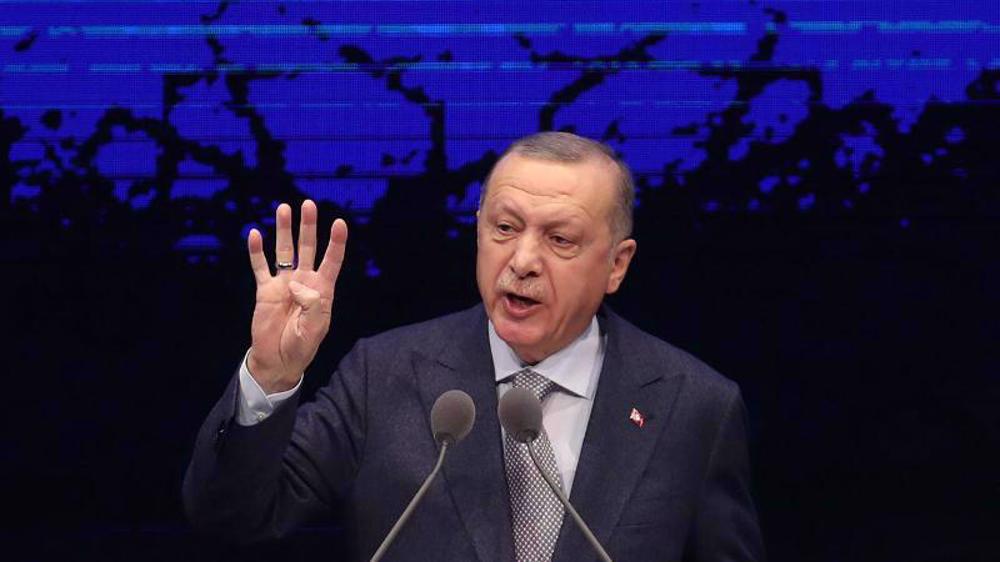





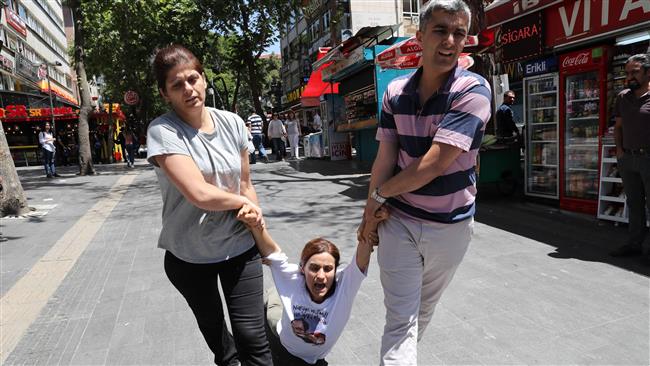
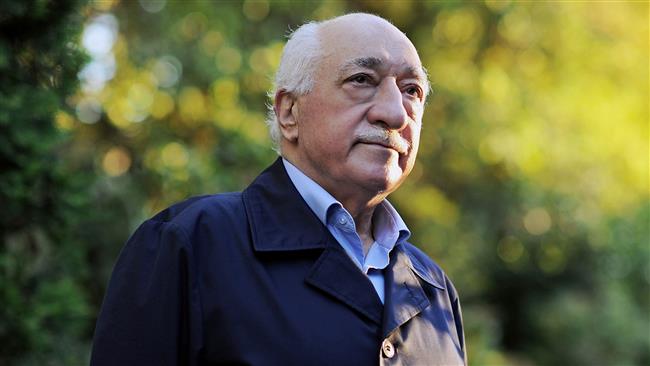
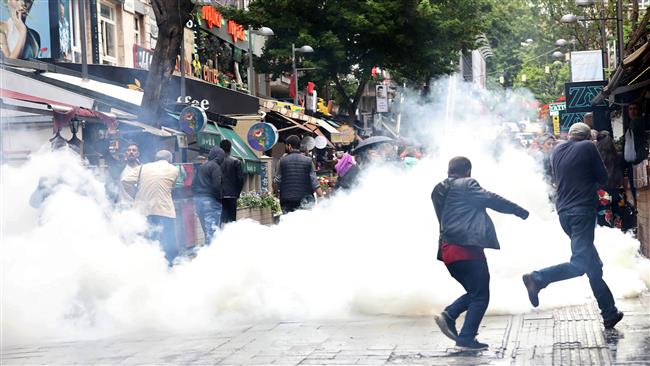
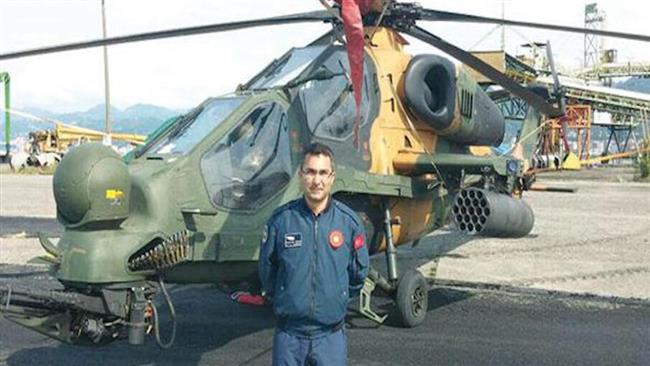
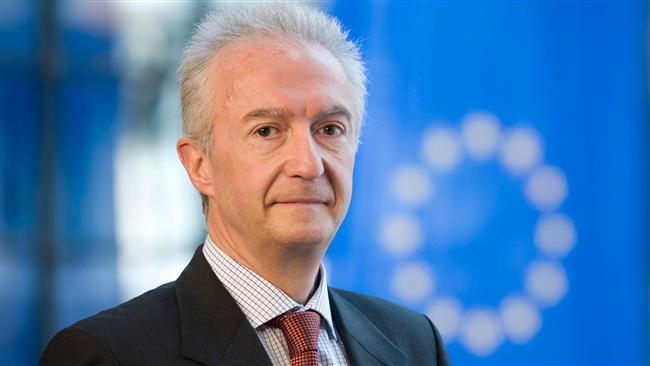
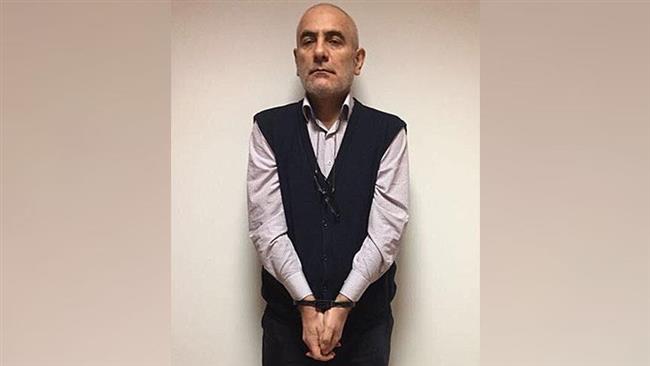
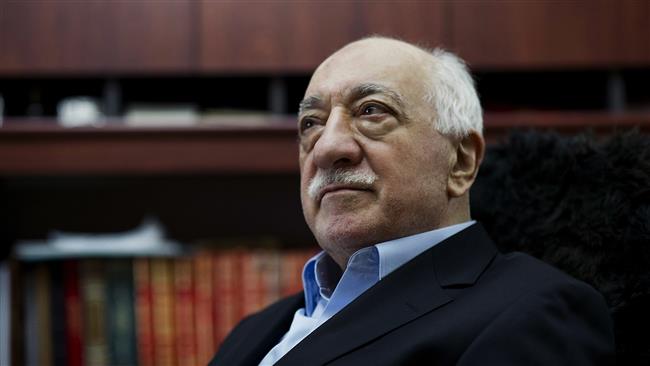
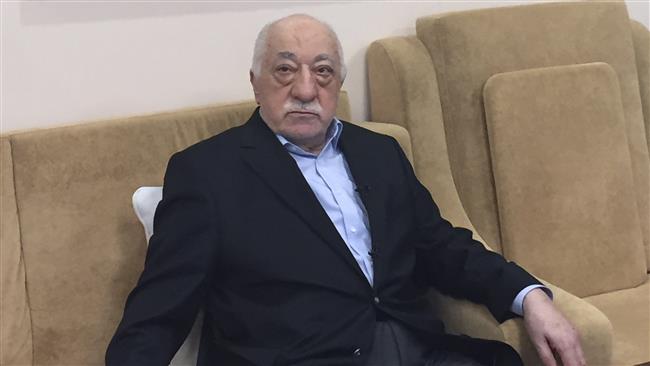
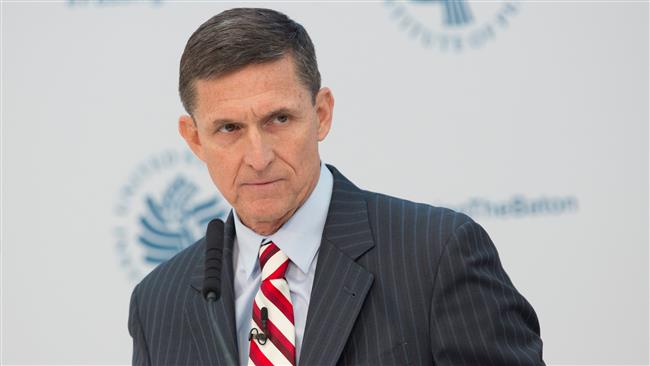
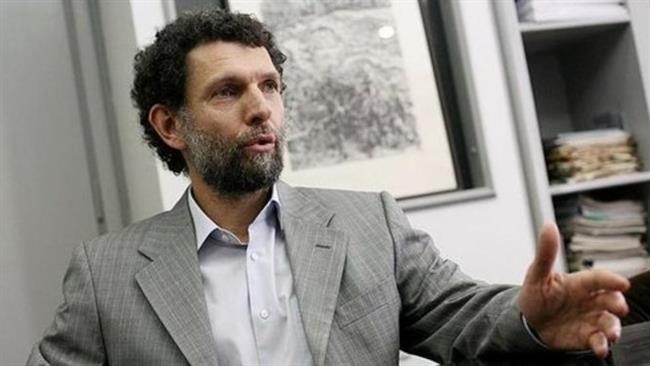

 This makes it easy to access the Press TV website
This makes it easy to access the Press TV website